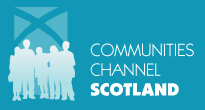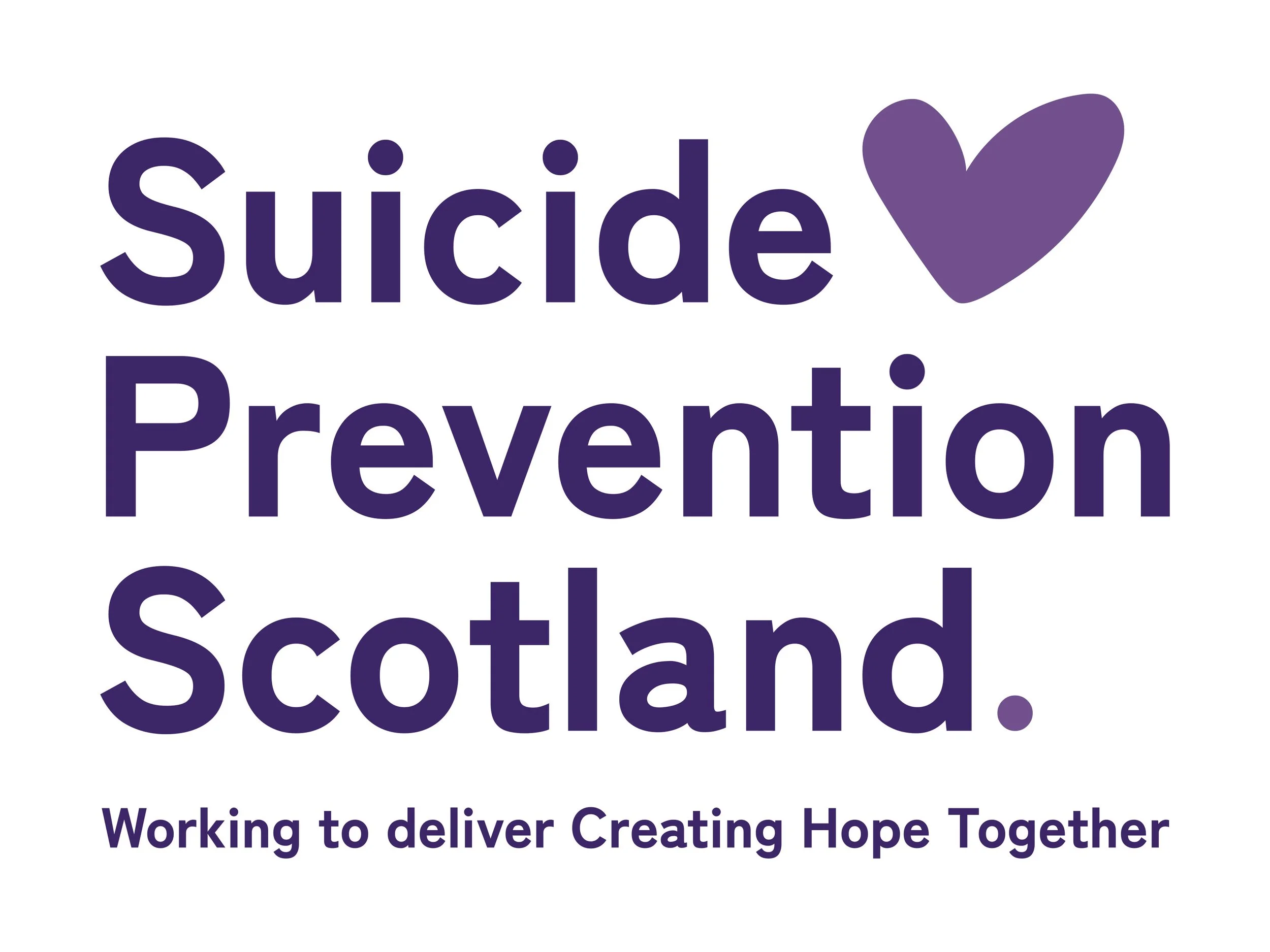Resources
Filter, search and explore all of our resources.
You can filter by category and tag.
Resources contents
We’ve put together some resources to help your organisation learn more about Employer Supported Volunteering (ESV), which refers to the policies you can put in place to support employees to participate in volunteering.
The Arnold Clark Community Fund supports thousands of registered UK charities and community groups close to its branches.
The Social Enterprise Support Map allows anyone to navigate Scotland’s social enterprise support eco-system easily and efficiently – giving organisations and individuals the resources to become stronger and more sustainable.
This directory provides a searchable database of local anti-poverty initiatives from communities across Scotland and beyond. It includes the work of community organisations.
Community wealth building is a new people-centred approach to local economic development, which redirects wealth back into the local economy, and places control and benefits into the hands of local people. UK based organisation CLES provides a useful introduction.
People across Scotland can make use of The Community Empowerment (Scotland) Act to have more say and control over what happens in their communities. This quick summary should help you to get started on finding out how your community group can use the Act.
If your community group is really worried about your future sustainability or facing very severe challenges and not sure where to turn, you can access fast-response advice and support through this service.
This guidance from the Scottish Government describes how to use a 5 Step approach to design and evaluate behaviour change interventions, and can be used for evaluating a range of activities and services in the community.
The Suicide Prevention Scotland website contains support and information for anyone affected by suicide, including resources for anyone working in in suicide prevention.
JustRight Scotland provides legal advice to people who would otherwise struggle to access justice.
The Independent Human Rights Fund for Scotland supports action to realise and defend rights, and tackle immediate rights issues affecting people’s daily lives.
Home Energy Scotland works with community groups in a number of ways from supporting your events to offering funding advice. They are particulalry relevant to groups tackling climate change through local community-led projects where the aim is to reduce energy use and encourage behaviour change within the community.
Community-led action plans are a way for communities to take the lead in understanding how they feel about where they live, helping to inform good decision making and better support for communities.
Community development is a process where people come together to take action on what's important to them. We’ve provided a list of specific community development resources and support.
Get Growing Scotland is a platform to inspire, connect, and share knowledge with everyone interested in growing food and building happier, healthier, and more resilient communities for the future.
The Young Foundation is building a network to bring people who are interested in and involved with peer research together. It aims to be a friendly space to connect, share ideas, discuss best practice, and collaborate on new work. Members will also be invited to events and seminars.
Wellbeing Economy Alliance Scotland is the Scottish hub of the Wellbeing Economy Alliance. It aims to want to see Scotland's economy reprogrammed so it puts people and planet first.
Activate is a course which offers a community-based introduction to community development provided by the University of Glasgow in partnership with local agencies/organisations.
We’ve complied a list of useful resources and guides to help you to ensure that your events and information are as accessible as possible.
From supporting people affected to influencing change, community organisations are at the forefront of action around inequality and the cost-of-living. We’ve featured some of them on Communities Channel Scotland.
The Scottish Community Development Network (SCDN) is a member-led organisation, for community workers and community development workers, paid or unpaid, full or part time, from the community, voluntary or public sectors, who support the principles and practice of community development. SCDN is open to anyone with an interest in community development in Scotland.
Child Poverty Action Group (CPAG) works on behalf of the more than one in four children in the UK growing up in poverty. This includes understanding what causes poverty, the impact it has on children’s lives, and how it can be prevented and solved.
Scottish Communities for Health and Wellbeing (SCHW) is a coming together of 74 community-led organisations across Scotland supporting health and wellbeing in their communities.
The Community Transport Association provides support, advice, training and information in relation to community transport.
This online handbook is for everyone running a village or community hall in Scotland. From governance and facilities management to net zero and digital, the handbook guides you through what you need to know.
The CPAR (Community Participatory Action Research) programme provides community groups in the South East of England with training and mentoring support in order to plan, carry out and use research for the benefit of their community. CPAR resources should be useful for anyone interested in carrying out their own research.
Inspiring Scotland offers support to the charity sector, aiming to deliver real and lasting change in areas where social organisations and public policy had struggled to have a big enough impact.
The Electoral Commission has produced guidance which will be uesful if your group is campaigning in the run up to an election.
This directory provides a searchable database of local anti-poverty initiatives from communities across Scotland and beyond.





























